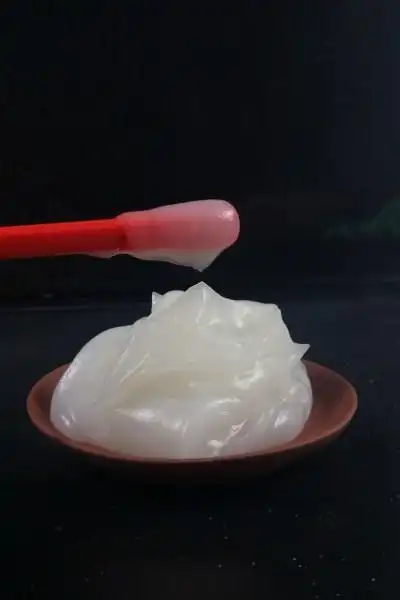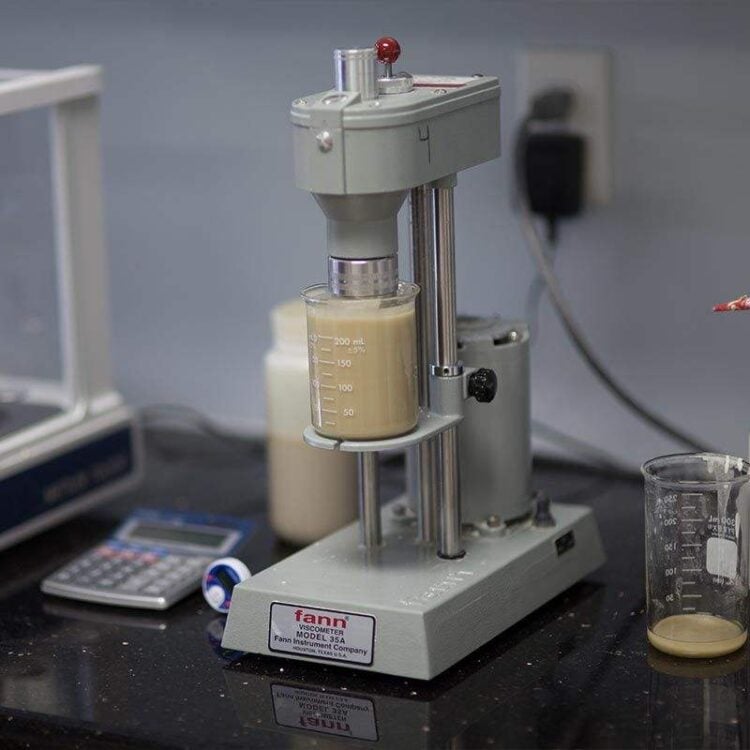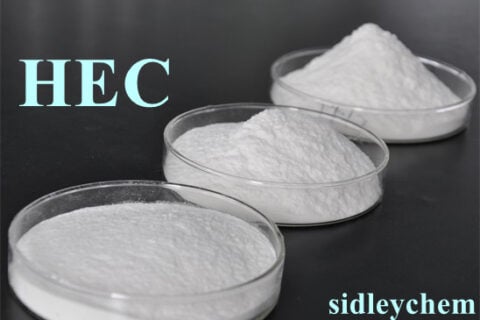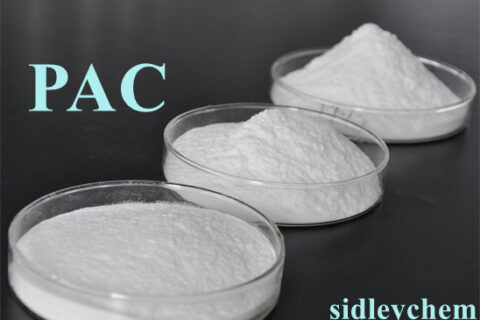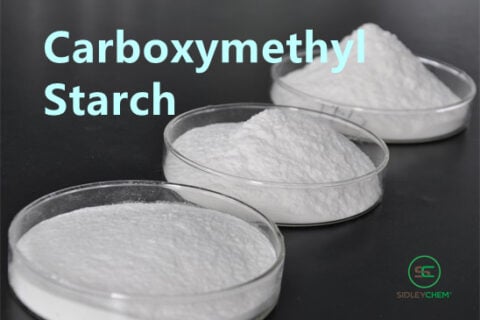Carboxymethyl Starch for oildrilling
CMS-R
Overview
Carboxymethyl Starch is an anionic starch ether. it can be hydrated in cold water and is not easy to mildew. It has obvious effect of reducing fluid loss in drilling fluid, and has little effect on the viscosity of drilling fluid. CMS-R has the characteristics of high-temperature resistance and salt resistance, and is suitable for the preparation of various environmentally friendly drilling fluid systems; it has a high acid solubility and is beneficial to protecting hydrocarbon reservoir. The general addition amount is 1-2%.
Specification
| Technical Specifications | ||
| Appearance | White or light yellow powder | |
| Residue greater than 2 000 µm | No residue | |
| Moisture,% | ≤12.0 | |
| Viscometer dial reading at 600r/min. | In 40g/L salt water | ≤18 |
| In saturated salt water | ≤20 | |
| Fluid Loss(ml) | In 40g/L salt water | ≤10 |
| In saturated salt water | ≤10 | |
| Remarks | Conforms to API Spec. 13A standard | |
High-Temperature Resistant Carboxymethyl Starch for oildrilling
CMS-H
Overview
By chemically modifying Carboxymethyl Starch, the high-temperature resistance can be increased to over 130°C. Whether it is in fresh water or salt water, the fluid loss reduction performance is excellent, and it is biodegradable, which meets the requirements of marine drilling for environmental protection.The general addition amount is 1-2%.
Specification
| Technical Specifications | ||
| Appearance | White or light yellow powder | |
| Residue greater than 2 000 µm | No residue | |
| Moisture,% | ≤12.0 | |
| Viscometer dial reading at 600r/min.
Aging testing for 16 hours at 130℃ |
In 40g/L salt water | ≤10.0 |
| In saturated salt water | ≤12.0 | |
| Fluid Loss(ml)
Aging testing for 16 hours at 130℃ |
In 40g/L salt water | ≤15.0 |
| In saturated salt water | ≤20.0 | |
| Remarks | Conforms to API Spec. 13A standard | |


